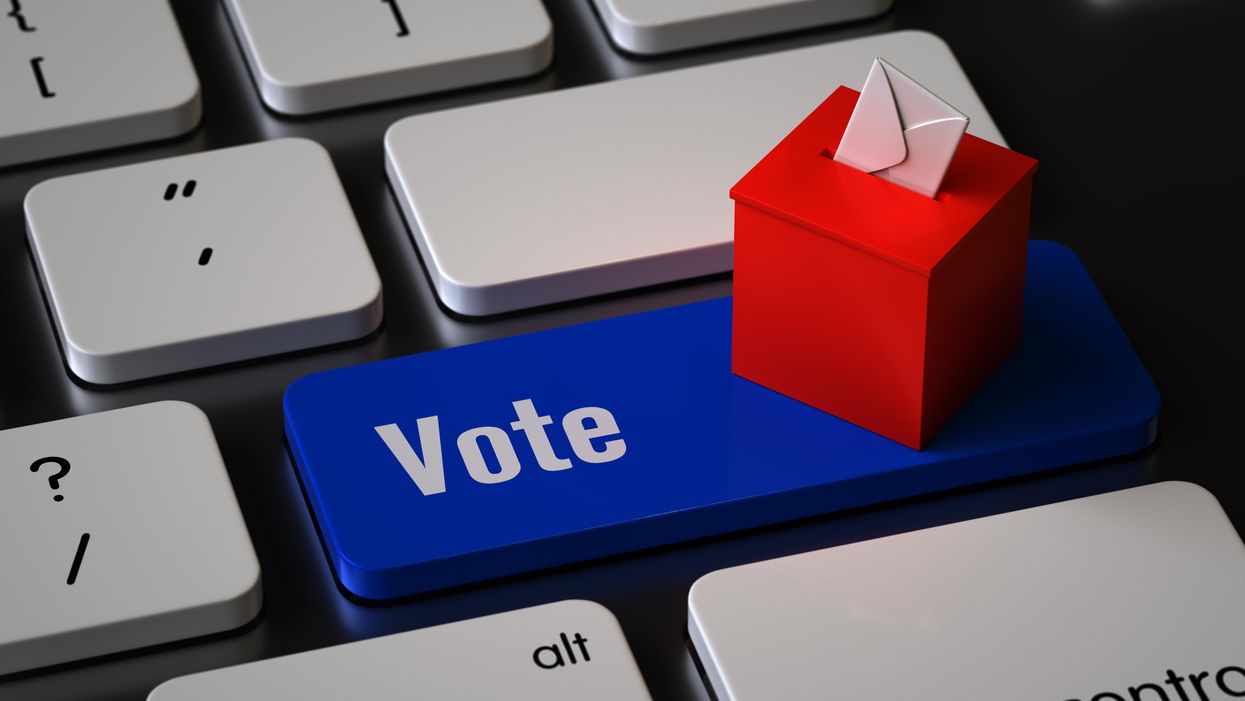While political pundits are focusing on the massive amount of money that is going to be spent on the 2022 midterm elections, money in itself won't determine the fate of the election and, ultimately, control of both the House and Senate.
Election officials from states across the nation have begun to meet to address many of the challenges they foresee with the 2022 midterm election, with the idea that collaboration and sharing best practices may save the day.
But we need to keep a collective eye on the clock, with just over a year to go until the election. As we saw in the 2016 presidential election, when technology is used to disrupt an election, it takes longer than we expect to fix the issue.
Cybersecurity is one of the key issues that needs to be addressed for the upcoming elections. Political campaigns need to reach voters in safe ways and earn the trust of the voters. While technology has been a huge negative in recent years, one tech giant hopes to play a part in winning back this lost trust.
Google is offering cybersecurity training to state legislators and their teams for the 2022 midterms, a reflection of how far into the mainstream what used to be the stuff of science fiction has creeped. The goal of this training is to sensitize current and prospective lawmakers and their staff to the component parts of the nation's digital defense and to have voters trust the process more than they have in recent elections.
History tends to err on the side of a strong midterm election showing for the party that isn't in power. With a Democratic president and House, and a tie falling the Democrats' way in the Senate, it would not be a surprise to many experts if the Republicans had significant net gains in 2022. Between new voting restrictions and a general fear among some Democrats that it may not be as safe to vote in 2022 as it should be, what role can technology play in getting the kinds of big numbers that all democracies want in key elections, but also in safeguarding people who come out to vote?
Part of the discomfort many people have just over a year out from the 2022 midterms is questions about how safe it will be to vote in person and uncertainty about how widely available advance and mail-in voting will be in 2022. While it is too early to determine how valid these concerns in fact are, it's always perception that counts in determining whether people will actually cast their vote. Anytime people perceive physical threats of violence, it can be really beneficial to find creative uses of technology to help people understand the difference between what they see and hear in the media and actual reality.
Finally, we need to consider what role technology can play to expedite the coming legal challenges to the 2022 midterms. It is conceivable that courts may still be backed up across the nation by mid-2022, when the first legal challenges to election-related issues begin to be filed. If technology can help us quickly get through a lot of cases challenging aspects of the election, this will help prevent an election-related backlog that could slow down the legal process to the point that it essentially moots decisions. In other words, where the courts make a decision about the 2022 midterms with not enough time left to fully implement what the court says needs to be done, this hurts how the election is perceived.



















Trump & Hegseth gave Mark Kelly a huge 2028 gift